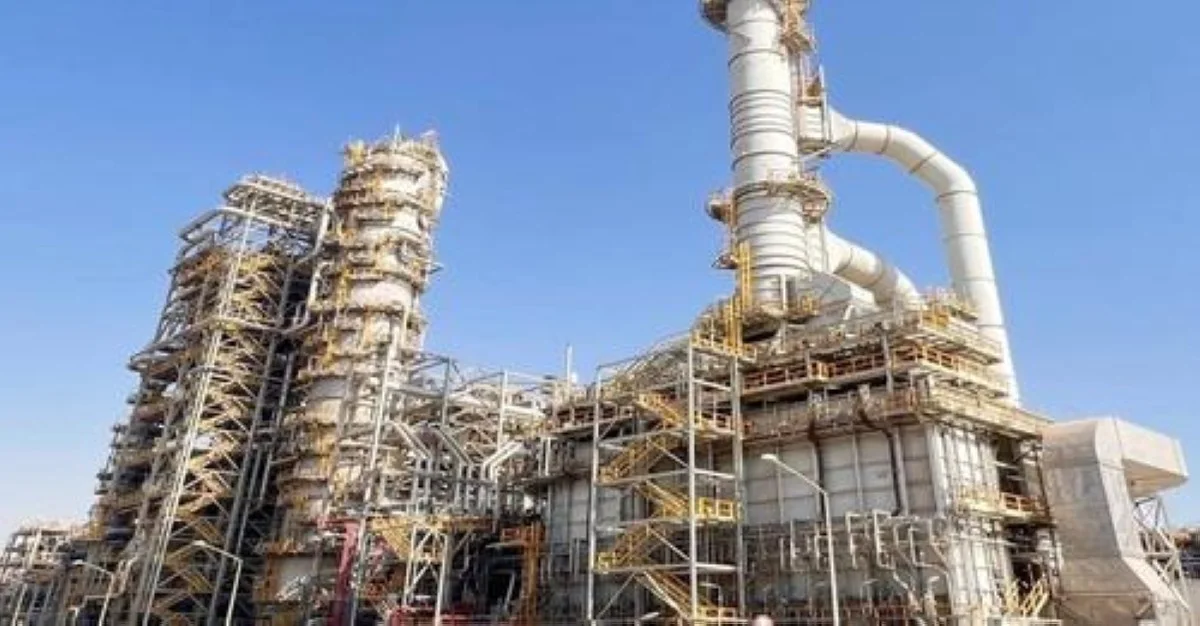17/09/2024
17/09/2024

KUWAIT CITY, Sept 17: In a notable development for Kuwait’s industrial sector, local banks have provided substantial financial support over the past seven months. From January to July 2024, banks issued loans totaling approximately 390 million dinars to support industrial activities. In July alone, financing surged to 57 million dinars, marking a significant 61.4 percent increase from the 35.3 million dinars granted in June.
Despite this monthly boost, annual comparisons reveal a drop of 40.7 percent, as financing in July 2023 had reached 96.2 million dinars. The overall balance of industrial loans, however, showed a decrease of 0.69 percent, falling from 2.657 billion dinars in June to 2.639 billion dinars in July. This reduction is even more pronounced every year, down 4.5 percent from 2.764 billion dinars in July 2023. The Central Bank of Kuwait’s monthly statistics highlight a broader trend in industrial financing.
Throughout the fiscal year 2023, total monthly financing for the sector plummeted by 31 percent, decreasing by 466 million dinars from 1.499 billion dinars at the end of 2022 to 1.033 billion dinars in 2023. The highest financing level for the year was recorded in December 2023, with 198.9 million dinars. The industrial sector has faced numerous challenges in recent years, particularly exacerbated by the COVID-19 pandemic.
The sector experienced significant setbacks due to activity bans, disruptions in the supply chain, and production delays. Additionally, a decline in demand and a limited number of new projects further strained the sector. Several critical issues have emerged, including a shortage of developed industrial plots, bureaucratic hurdles in completing transactions, a heavy reliance on imported goods, and high factory rent costs.
Furthermore, the lack of facilities for exporting Kuwaiti products and insufficient support for national produce have compounded the difficulties facing local industrial projects. On a related note, consumer loans in Kuwait have also seen an increase. During the first seven months of 2024, consumer loans grew by 59 million dinars, or 3 percent, reaching a total of 2.03 billion dinars by the end of July, compared to 1.97 billion dinars at the end of December 2023. Overall, while industrial financing has seen some recent improvements, the sector continues to grapple with significant challenges that affect its long-term growth and stability.
Over the first seven months of 2024, Kuwaiti banks have significantly increased their loan activity, with the total volume of loans granted reaching 1.82 billion dinars. This represents a 3.4 percent rise, pushing the overall credit extended in the country to 55.37 billion dinars by the end of July, up from 53.55 billion dinars at the end of December 2023.
The increase in loan volumes is attributed to growth across various economic sectors. Notably, housing loans -- long-term personal loans for purchasing, building, or renovating private residences --totaled 16.24 billion dinars by the end of July.
This marks an increase of 230 million dinars over the past seven months, or 1.42 percent, compared to 16.01 billion dinars at the end of December 2023. Personal credit facilities also saw a boost, reaching 19.01 billion dinars by the end of July. This figure reflects a 250 million dinar increase, or a 1.35 percent growth rate, from the 18.76 billion dinars recorded at the end of 2023. Additionally, loans directed towards the purchase of securities climbed to 3.62 billion dinars by the end of July, up from 3.5 billion dinars at the end of December 2023.
This 3.5 percent increase translates to an additional 120 million dinars. In terms of deposits, the CBK reported a rise in the total deposits held by Kuwaiti banks. By the end of July 2024, deposits had grown to 49.48 billion dinars, up from 48.72 billion dinars at the end of December 2023. This increase of 755 million dinars represents a 1.55 percent growth rate. Overall, the data highlights a robust increase in both loan issuance and deposits, reflecting a positive trend in the financial sector amidst a broader economic landscape.
By Mahmoud Shendi
Al-Seyassah/Arab Times Staff


